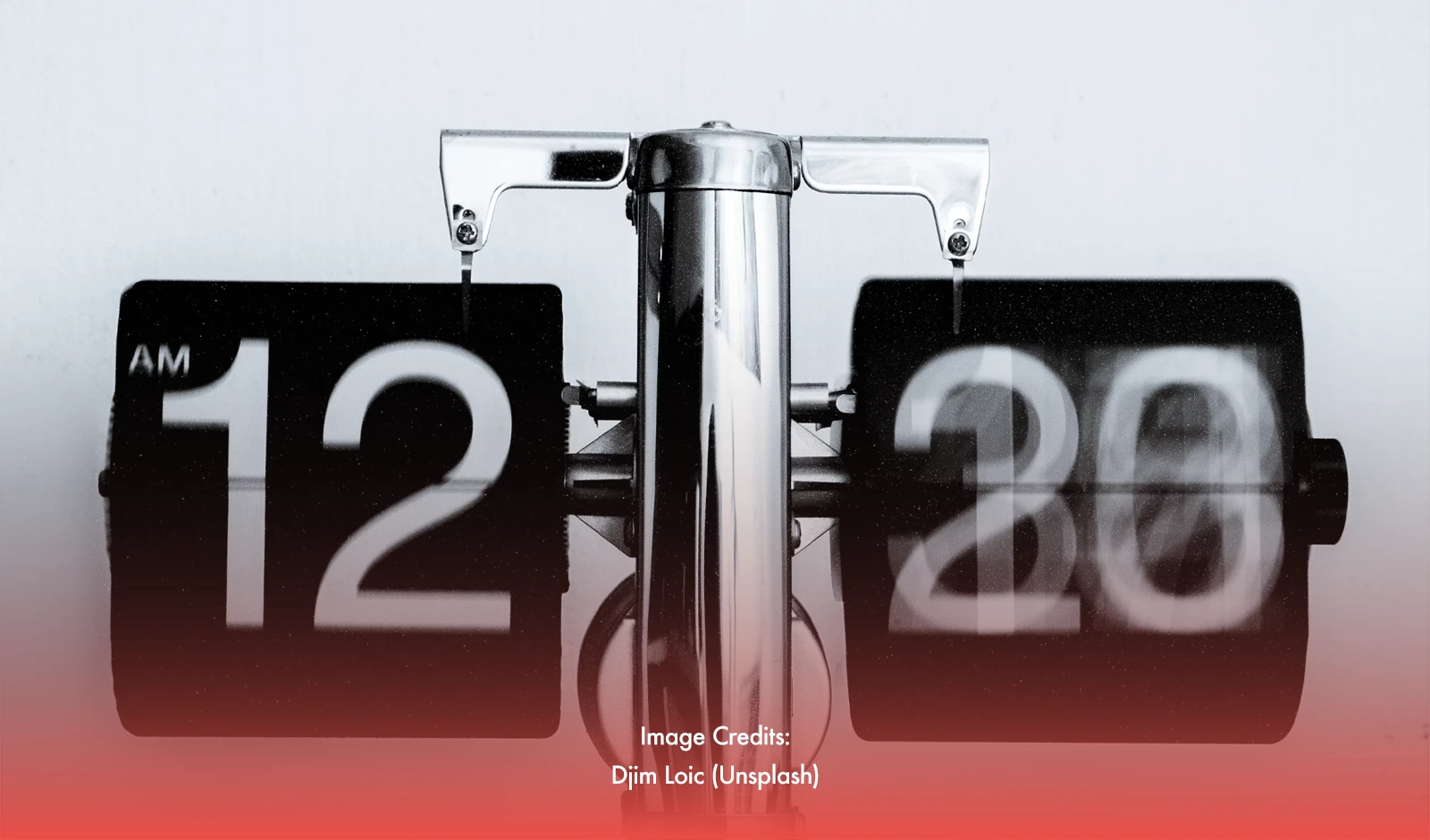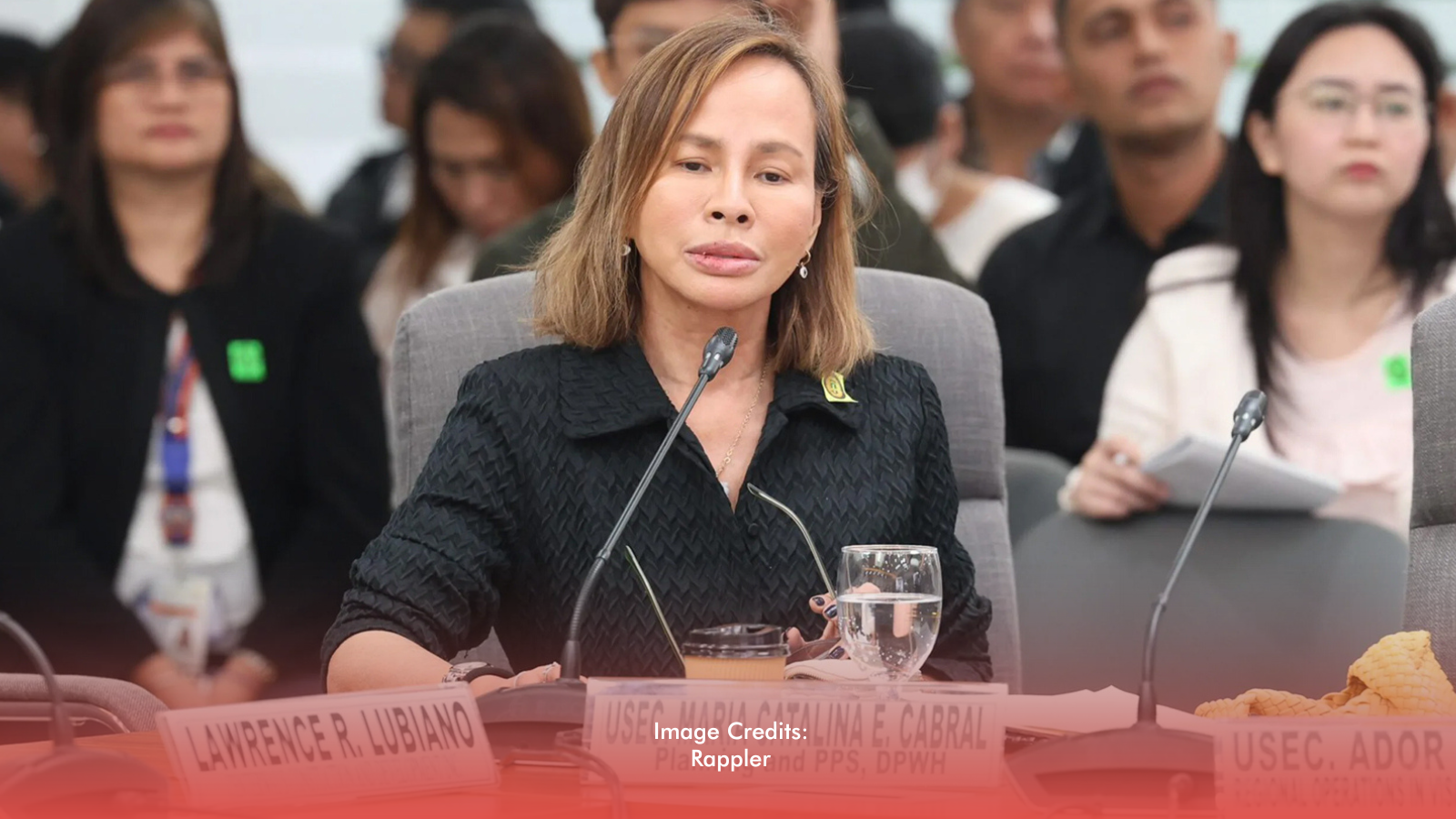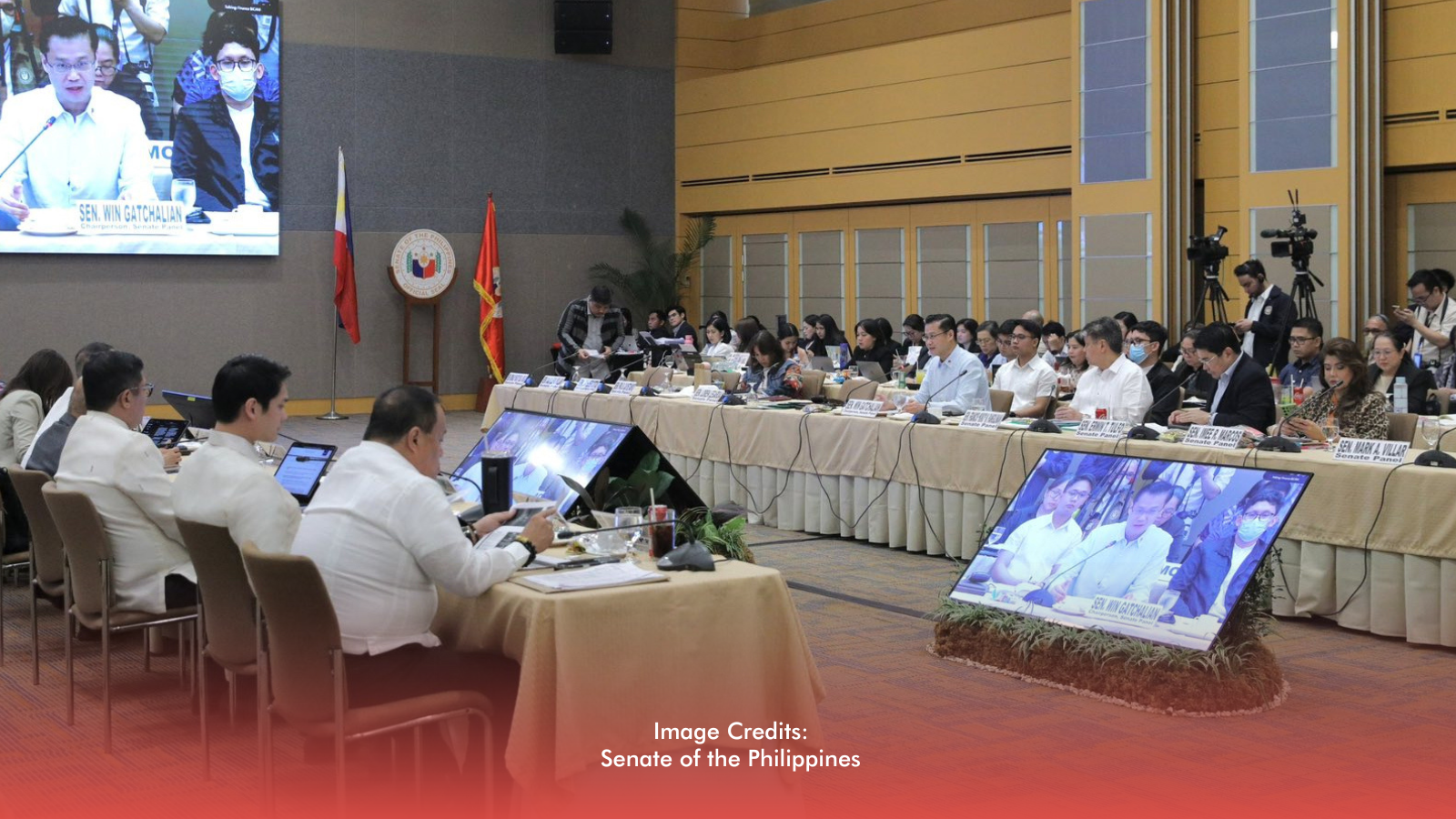According to a recent study, the Earth is experiencing a change in its rotation due to geological movements and climate change, implying that clocks may skip a second soon.
By 2029, the study–published in the journal Nature–suggests that clocks would need to skip one second in what they call a "negative leap second."
‘Unprecedented event’
Lead author of the study Duncan Agnew, a geophysicist from the University of California, San Diego's Scripps Institution of Oceanography, described the circumstances as "unprecedented" and "a major event."
"It's not a huge change in the Earth's rotation that's going to cause a catastrophe or anything, but it's something notable. It's another indication that we're experiencing a very unusual time," he added.
Because of the current fluctuations in the Earth's rotation, which is normally 24 hours, leap seconds have to be adjusted in order to match atomic and astronomical time.
There were 27 leap seconds added between 1972 and 2016 to account for the Earth's decreasing rotation. However, the Earth's rotation was rapidly accelerating as the rate of slowing began to taper down.
Melting ice as the cause
Recent data indicate that since 1990, there has been a rapid melting of ice near the poles, offsetting the acceleration of Earth's time. The rotation of Earth is slowed when the ice melts and transfers mass from the poles to the expanding center.
As a result of climate change, the polar ice is melting more quickly, redistributing Earth's mass as a result and delaying its rotation.
To reduce the need for frequent modifications and preserve coherence between different timekeeping systems, timekeepers are preparing to revise leap-second standards in the 2030s.
Earth's rotation is mostly influenced by geological and climatic processes, such as oceanic tides and melting polar ice, which postpones the need for leap-second corrections.
By 2035, timekeepers hope to eliminate leap seconds from their systems in order to retain accurate timekeeping in the face of both natural and man-made changes as a response to Earth's changing dynamics.








